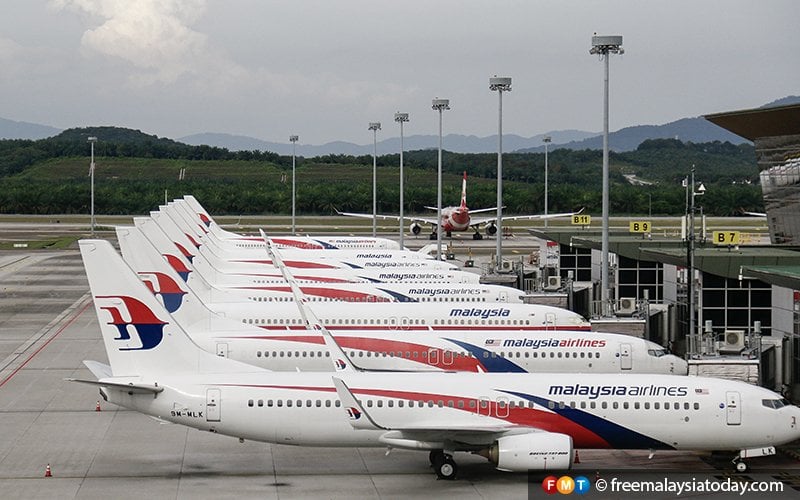
PETALING JAYA: Better planning could have saved the blushes of Malaysia Airlines in its flight catering fiasco last week after the previous caterer’s contract ended, say industry observers.
Malaysia Airlines should have been prepared for the transition in advance, knowing the contract with Brahim’s Food Services was ending, said economist Carmelo Ferlito, CEO of the Center for Market Education.
“I think it is just a matter of business planning, like having ready the new supplier to enter once the old one was out, or even considering a period of ‘cohabitation’ between two suppliers,” he told FMT.
Wan Agyl Wan Hassan, a former Land Public Transport Commission official, said Malaysia Airlines could have stockpiled a certain number of meals to account for the transition phase or temporarily partnered with alternative caterers to provide basic meals.
The airline said on Sept 1 that about 20% of its flights were unable to take off as scheduled because of problems with in-flight catering. Malaysia Airlines passengers had also complained on social media about flight delays and problems with food service.
The airline’s owner, Malaysia Aviation Group, had said previously that the contract with Brahim’s would end on Aug 31 and that Malaysia Airlines would activate its “business continuity plan” for meal services on selected routes the day after.
Ferlito said Malaysia Airlines, faced with growing competition, cannot rest on any privileged position. A further drop in reputation could only negatively affect the company’s balance sheets.
“Reputation is at stake for a company already suffering from a troubled balance sheet. The two things go hand in hand,” he said.
Wan Agyl said the airline carries the country’s flag wherever it goes and often serves as the first impression for visitors to Malaysia. “Its success or failure could have implications for the country’s brand and image internationally,” he said.
He added that while challenges during transitions are expected, it’s how a company manages and resolves these issues that defines their reputation and customer trust.
The airline should have informed passengers about any changes to their flight experience by sending out emails or notifications well in advance.
“Trust is hard to gain but easy to lose. Continuous disruptions or issues can make passengers rethink their loyalty to the airline,” he said. - FMT


No comments:
Post a Comment
Note: Only a member of this blog may post a comment.